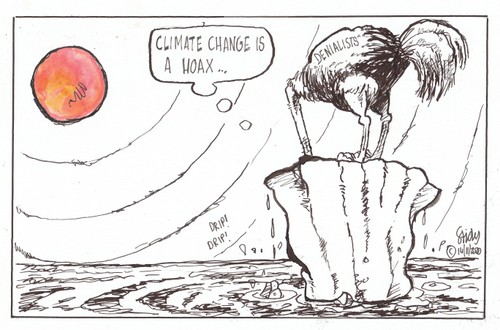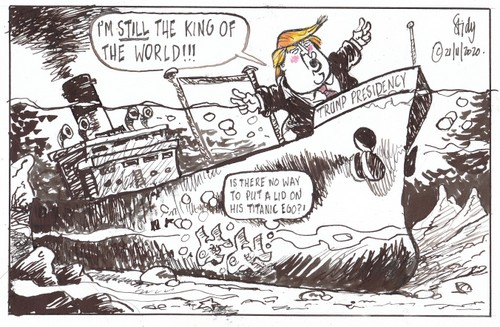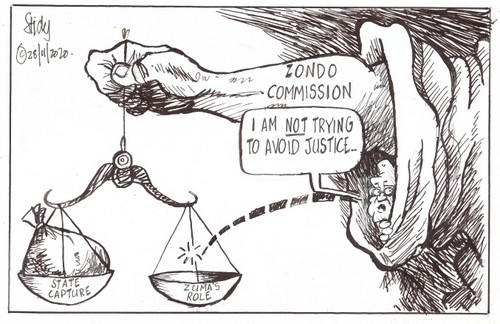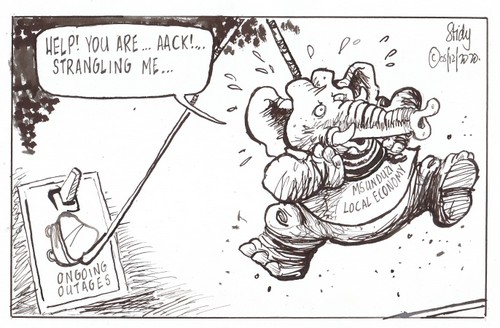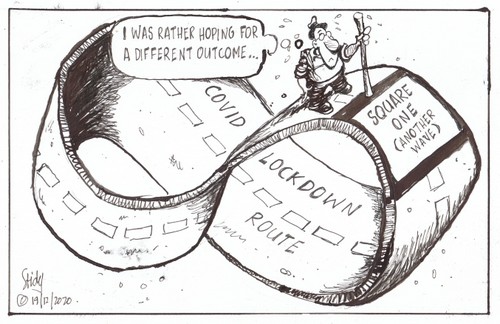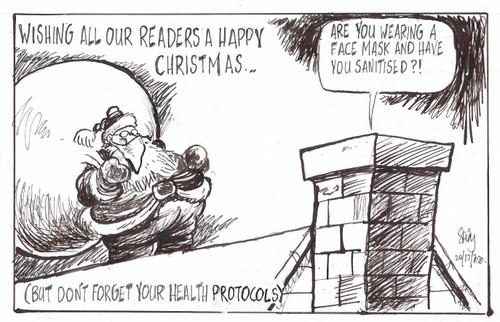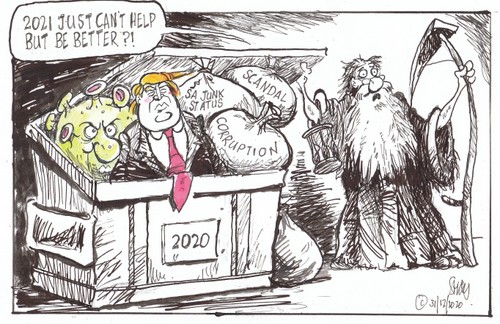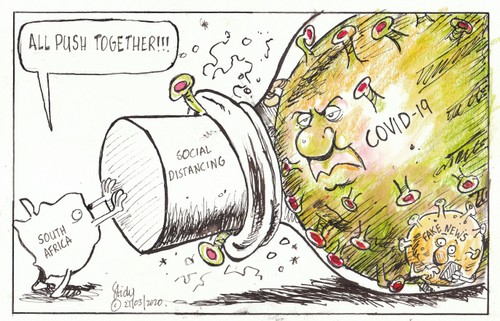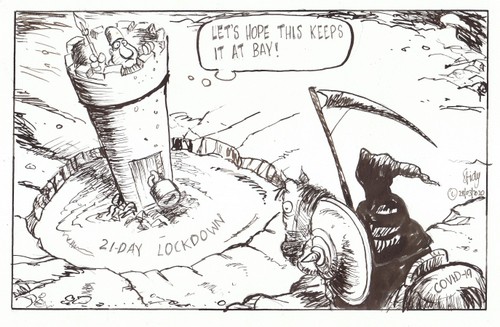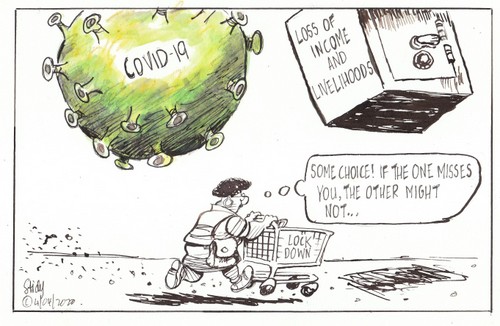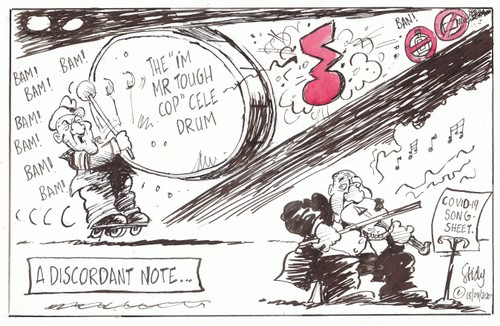Hours after hundreds of President Donald Trump’s supporters stormed the US Capitol in a harrowing assault on American democracy, a shaken Congress finally certified Democrat Joe Biden’s election victory. Immediately afterwards the White House released a statement from Trump promising an “orderly transition” when Biden is sworn in to office on 20th January although he repeated his false claims that he won the November election.

It was a dark start to the year as residents living in large parts of Pietermaritzburg, Hilton and Howick West found themselves without electricity for up to seven-days. Besides causing widespread anger and frustration, the severe electricity disruptions plaguing the city also posed a threat to the local economy as industries considered pulling out and potential investors were scared away. To overhaul the entire ageing infrastructure will cost the bankrupt municipality at least R4 billion.

The alcohol sales ban was extended along with other restrictions as part of adjusted lockdown Level 3, President Cyril Ramaphosa announced in an address to the nation. On the much-anticipated vaccine roll-out in the country, Ramaphosa, without giving a time frame, said “South Africa’s vaccine strategy is well underway,

Joe Biden was sworn in as the president of the United States, pledging to unite a deeply divided nation reeling from the Covid-19 pandemic. Faced with a country whose fissures have been widened by a brutal wedge over the past four years, he acknowledged the social wasteland he had inherited, but emphasised unity, conciliation and called for an end to the “uncivil war” that had ravaged the country. In an extremely rare move his predecessor, Donald Trump, chose not to attend the ceremony.

Heavy rain, with flooding in places, hit the northern parts of South Africa as Cyclone Eloise moved down the Mozambique Channel – with more large downpours falling in KZN later in the week. At the same time, the murky world of spies, black ops and the unauthorised spending of millions of rand took centre stage at the Zondo Enquiry as evidence concerning the activities of the secretive State Security Agency (SSA) was heard. In a related ruling, Concourt ordered former president Jacob Zuma to obey all summons issued against him by the State Capture Enquiry and appear before it – saying he does not have the right to remain silent in proceedings.

ANC secretary-general Ace Magashule reacted defensively in an effort to deflect questions about Jacob Zuma’s defiance of state capture saying the former president should not be suspended from the party he believes in. “Leave president Zuma alone,” he said. Magashule, himself, was granted bail of R200 000 after he was arrested on 21 charges of fraud and corruption, alternatively theft and money laundering, stemming from the Free State asbestos scandal.

Glossing over government’s plans to vaccinate the nation to beat Covid-19, President Cyril Ramaphosa focused on South Africa’s economic recovery from the pandemic in his State of the Nation Address, in a thinly populated National Assembly Chamber. Adding to the many problems the under pressure Ramaphosa faces was the news that EFF leader, Julius Malema, had travelled to Nkandla to have tea with his long time adversary, former president Jacob Zuma, as part of a plan to form a broad alliance to undermine both the president and the Zondo Commission.

The first group of KwaZulu-Natal healthcare workers got their Covid-19 jab amid an outcry from doctors over the slow pace at which government is procuring vaccine. The South African Medical Association (Sama), which initially supported government’s vaccine procurement plan, said its members were becoming disillusioned with the manner in which the entire vaccination programme was unfolding. “We are worried that the target to vaccinate 40 million people by the end of the year will not be achieved,” Sama KwaZulu-Natal provincial chairperson Dr Zanele Bikitshe said.

Taxpayers were able to breathe a sigh of some relief as Finance Minister Tito Mboweni tabled a 2021 Budget free from substantial tax hikes aimed at bank-rolling South Africa’s Covid-19 vaccination programme. The sting in the tail – for smokers and drinkers anyway – was that excise duties on tobacco and alcohol would increase on average by eight per cent – double the rate of inflation.

NOTE: In addition to my normal weekly cartoons for the Weekend Witness, I did two extra ones for the paper in February:
(1). A cartoon celebrating the 175th anniversary of The Witness, the oldest continuously published newspaper in South Africa:

(2) A farewell cartoon for editor Yves Vanderhaeghen who retired from the Witness at the end of February, 2021:


